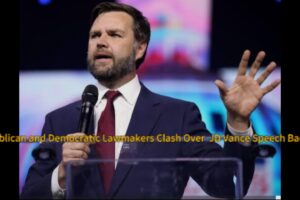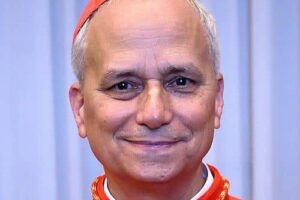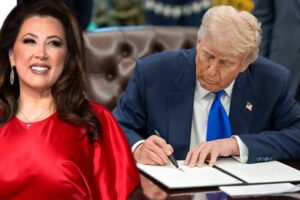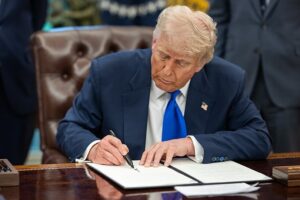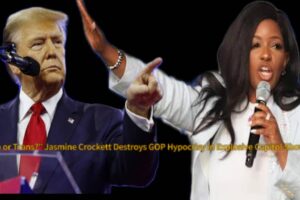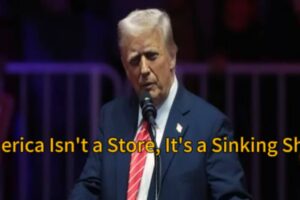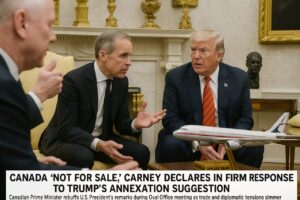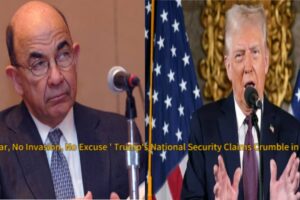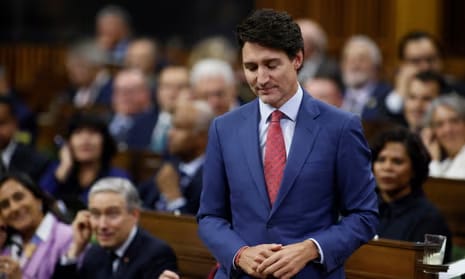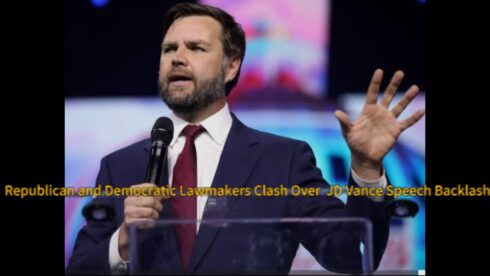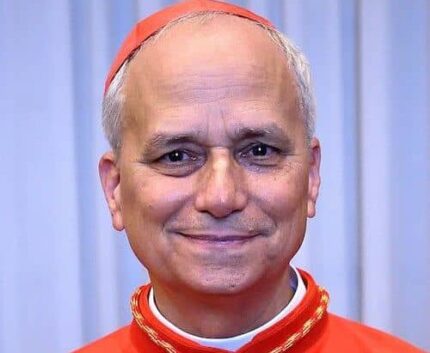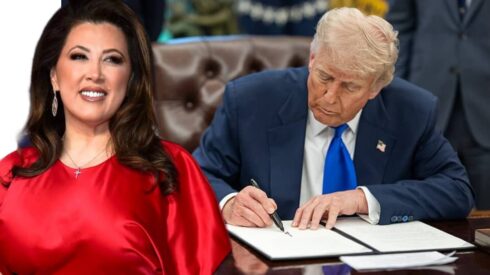In a stunning announcement, Justin Trudeau revealed his decision to step down as the leader of Canada’s Liberal Party and prime minister, marking the end of nearly a decade in power. Speaking at a news conference in Ottawa, Trudeau stated he would remain in office until the party selects a new leader. The parliament will also be prorogued until March 24, 2025, providing a reset for Canadian politics.
“This country deserves a real choice at the next election,” Justin Trudeau declared, emphasizing that his resignation aims to reduce the polarization in Canadian politics. Facing mounting pressure from within his party and the public, the prime minister acknowledged that internal battles were hindering his ability to lead effectively. Trudeau’s decision comes after weeks of speculation fueled by the resignation of his long-time ally and deputy prime minister, Chrystia Freeland, in December.
Potential Successors to Justin Trudeau’s Leadership
With Justin Trudeau stepping aside, attention turns to who might succeed him as leader of the Liberal Party. Among the frontrunners are Chrystia Freeland, the former deputy prime minister and finance minister, and Mark Carney, a former governor of the Bank of Canada. Freeland’s sudden resignation in December was seen as a significant blow to Trudeau’s government, but her experience and leadership skills make her a strong contender.
Mark Carney, known for his economic expertise and international reputation, is another potential candidate. Trudeau expressed confidence in the party’s ability to choose a capable successor, stating, “I’m excited for the process that will unfold in the months ahead.” Whoever takes the reins will face the challenge of uniting the party and presenting a fresh vision to Canadians as they prepare for the next election.
Time for a Reset,’ Says Justin Trudeau
Justin Trudeau described his resignation and the prorogation of parliament as necessary steps to address the dysfunction plaguing Canadian politics. “Parliament has been entirely seized by obstruction,” he said, pointing to a lack of productivity in recent months. He believes a fresh start is essential to tackle the complex domestic and international challenges facing Canada.
The prime minister hopes his departure will “bring the temperature down” in the political arena, allowing the government to focus on substantive issues rather than partisan gridlock. Confidence votes scheduled for March will provide an opportunity for parliament to decide the next steps, ensuring the democratic process remains intact.
Reflecting on Achievements and Regrets
Trudeau used the platform to reflect on his tenure as prime minister, highlighting accomplishments such as reducing poverty, expanding workforce participation, and steering Canada through the COVID-19 pandemic. He also expressed regret over his failure to introduce electoral reform, which he believes could have reduced polarization and fostered greater collaboration among political parties.
Despite the challenges and criticisms, Trudeau maintained that Canada is in a better place today than when he first took office. “I’m a fighter,” he said, reiterating his commitment to the country’s well-being. However, he acknowledged that his leadership had become a source of contention, and stepping aside was in the best interest of Canadians.
As Trudeau prepares to exit the political stage, his legacy will undoubtedly be scrutinized. His resignation marks the end of an era and sets the stage for a new chapter in Canadian politics, one that he hopes will prioritize unity and progress.
Justin Trudeau’s Path to Power
Justin Trudeau’s ascent in Canadian politics was both anticipated and remarkable. As the son of former Prime Minister Pierre Trudeau, his political journey began with his election as MP for Papineau in 2008. When questioned about his leadership aspirations shortly after his victory, Trudeau modestly told CBC, “I just got hired to do a job.” Yet, many already saw his entry into politics as a stepping stone to higher office.
Trudeau’s rise was swift and transformative. In 2013, he was elected leader of the Liberal Party, taking the reins of a party struggling to regain its footing. Just two years later, he led the Liberals to a historic victory in the 2015 federal election, becoming prime minister at the age of 44. His youthful energy and progressive policies captured the imagination of Canadians, marking a new chapter in the country’s political landscape. However, Trudeau’s tenure, despite its successes, has not been without its controversies.
Political Crisis Comes at a Critical Moment
While Trudeau’s leadership has endured three election cycles, making him the longest-serving G7 leader, his time in office has been fraught with challenges. His administration faced significant political scandals, including the revelation of old photos showing Trudeau in brownface makeup and the 2020 ethics scandal involving a government contract awarded to a charity with ties to his family. These incidents have eroded public trust and fueled internal dissent within the Liberal Party.
Canada now finds itself at a crossroads as it grapples with political instability and economic challenges. The looming threat from incoming U.S. President Donald Trump, who has pledged a 25% tariff on Canadian goods unless stricter border measures are implemented, presents a grave economic risk. This crisis was underscored by the sudden resignation of Finance Minister Chrystia Freeland in December, who expressed doubts about Trudeau’s approach to this critical issue. As Canada navigates this turbulent period, Trudeau’s leadership faces its toughest test yet, with both domestic and international pressures mounting.

